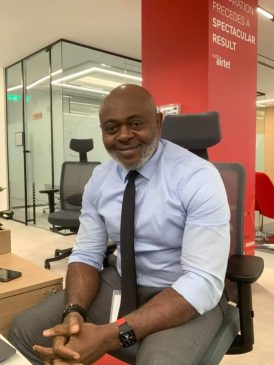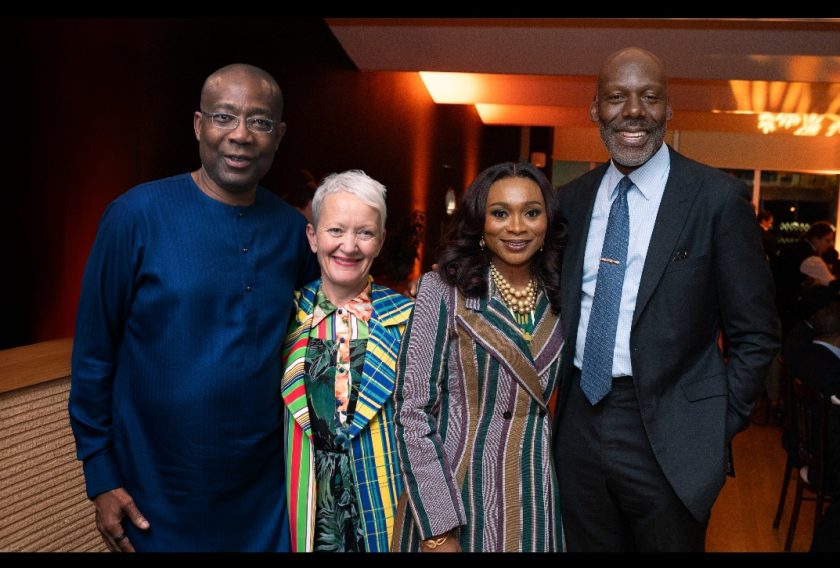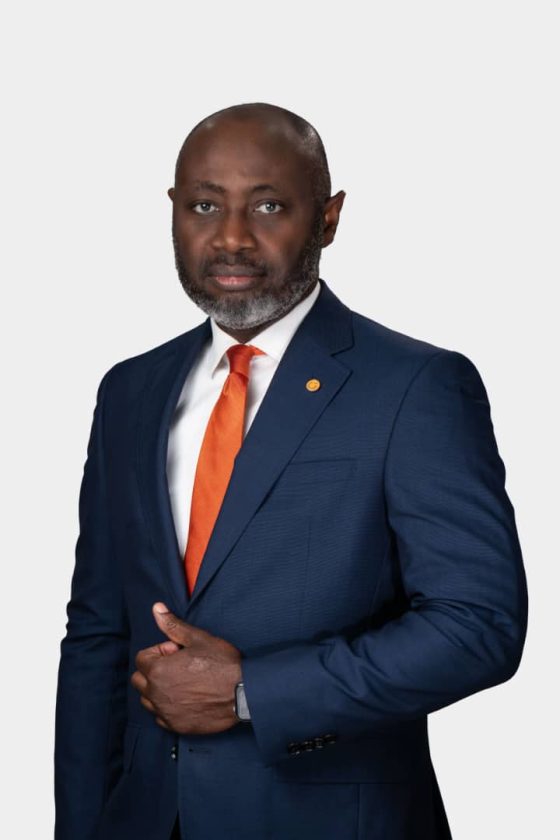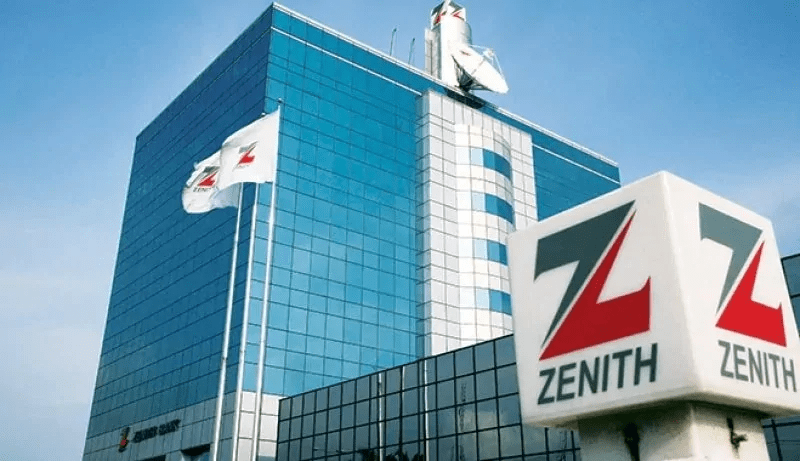By Emeka Oparah
It is one year already since I took on the role of Vice President, Corporate Communications & CSR at Airtel Africa, an organization I have served for 21 years (20 of which were in Nigeria). While this is neither an appraisal of my work (it will be gratuitous for me so to do) nor a celebration of the anniversary (one pastime I don’t relish), the past few days in Nairobi, Kenya, where I attended the Airtel Africa-UNICEF Convention, provided me a great opportunity and, indeed, the inspiration, to reflect on the work my colleagues and I have been doing in partnership with our friends at UNICEF since 2022 to provide children of Africa, our future leaders, with access to digital education.
Let me start on a rather somber note by regretfully acknowledging that Africa currently sits precariously on the edge of a steep and slippery cliff with regards to educating her fast-growing children and youth population. The level of “learning poverty” (the inability to read and understand a simple text by the age of 10) across the continent is as disturbing as the statistics of out-of-school children, with both stubbornly headed south. The bad situation has unfortunately been aggravated by the horrifying impact of the Covid-19 pandemic, which led to lockdowns and school closures. To put these sorry assertions in a much clearer (or rather gloomier) perspective, a 2019 World Bank study had sadly estimated that “48 per cent of children worldwide and 87 per cent of children in sub-Saharan Africa are ‘learning poor’.” There couldn’t be a more insidious threat to the future of the continent than when over 70% of the population is educationally disadvantaged and, therefore, economically vulnerable.
Ironically, it has to be acknowledged that Covid-19, with all its deleterious and perilous consequences, has also opened the eyes of Africans and their leaders to not only the power of education but also the importance and urgency of implementing digital learning plans in their various countries. It must be acknowledged that literally every government in Africa has emplaced strategies, with all their imperfections, to connect their children, teachers and schools to various digital platforms to not only promote but also improve teaching and learning. This is where conscientious technology companies like Airtel Africa stepped forward as enablers to provide the needed and necessary support.
Like other socially responsible corporate citizens, Airtel Africa, through her operations in 14 African countries, joined hands with African leaders to bridge the yawning learning gap occasioned by the school closures due to the Covid-19 lockdowns. On her part, Airtel Africa zero-rated several government-approved websites and digital learning platforms to enable teaching and learning. This proved to be a great palliative, but like every known palliative, it did not adequately address the needs. For example, there were millions of children who, due to their unavoidable circumstances of poverty and locations could not afford the devices to access the free online educational resources, where they existed. In other cases, it was impossible to access the websites and platforms due to lack of internet facilities as most parts of the continent are still low on teledensity (number of mobile telephone users per 1000 population).
In acknowledgment of these huge and dangerous gaps and the potential of digital connectivity, therefore, Airtel Africa, in pursuit of her vision to Transform the Lives of Africans, decided to invest $57m in the provision of Access to Quality Education, which later became one of the pillars of her Sustainability Strategy. At the peak of the Covid-19 pandemic, Airtel Africa announced a 5-year partnership with the United Nations Children’s Fund (UNICEF) to deliver this initiative, which in spirit and letter aims at connecting a minimum of 1400 schools and a million children to digital education.
Not unexpectedly, it has not all been smooth sailing. There are still some obstacles on the way. For instance, the level of commitment to and understanding of the importance and urgency of this intervention are not at the same high levels across the continent. Hence, we still have some governments insisting that either Airtel Africa or UNICEF or both pay(s) tax for providing free data to enable children of their countries not only to continue learning but to also sort of catch up with their peers in other parts of the world. In any event, it is not a lost cause, I believe, because as we make headway in some countries, others will begin to appreciate the need to make hay while the sun is still shinning.
*Emeka Oparah is Vice President, Corporate Communications & CSR at Airtel Africa




